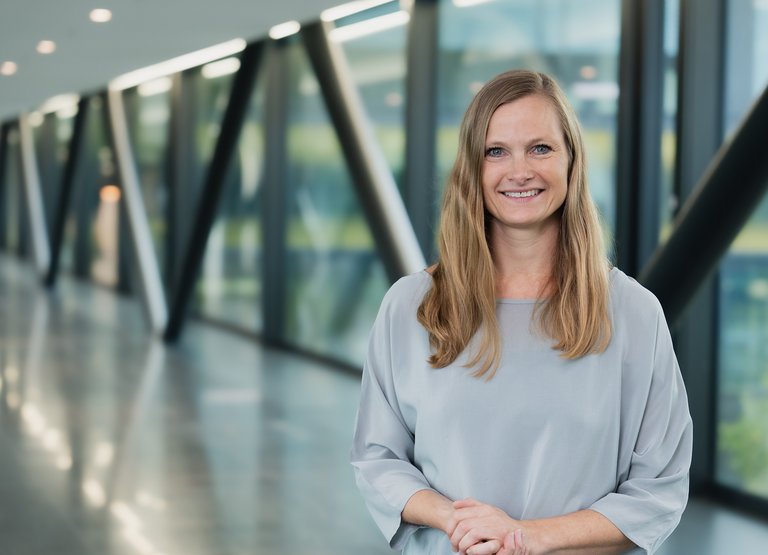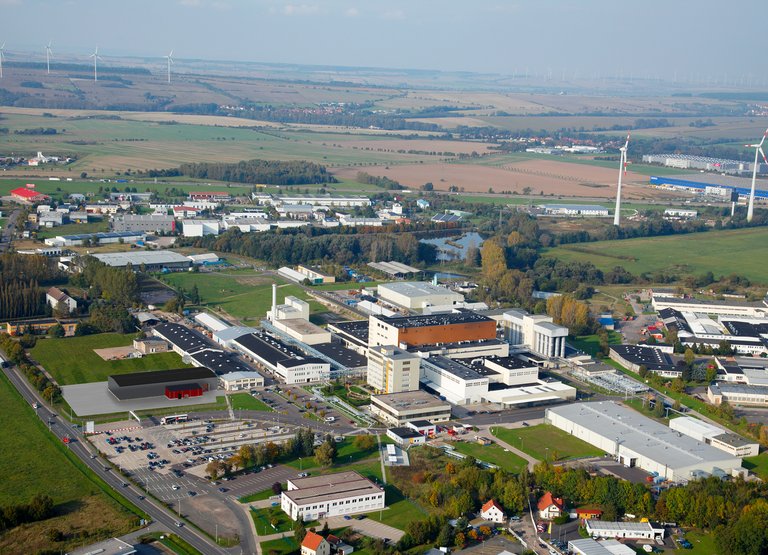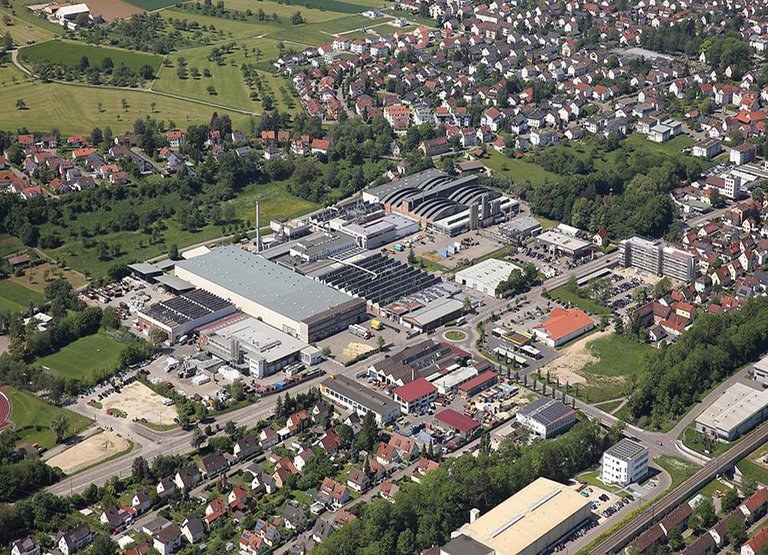First Continental Plants in Germany Earn Internationally Recognized ISCC PLUS Sustainability Certification
- Mass balance certification confirms Continental’s facilities in Waltershausen and Eislingen comply with specific sustainability standards
- Anne Windberg Baarup, Head of Sustainability for ContiTech: “This certification is a testament to Continental’s commitment to offering our customers advanced material solutions with a reduced environmental footprint”
Hanover, Germany, October 30, 2024. The ContiTech group sector’s facilities in Waltershausen and Eislingen recently became the first Continental plants in Germany to receive the internationally recognized International Sustainability and Carbon Certification (ISCC) PLUS. This certification confirms Continental’s compliance with and documentation of certain processes for the mass balance of raw materials. The transparent balancing principle allows renewable and recycled raw materials to be mixed into existing systems and processes. The quantity of certified materials used for the manufacture of a product is tracked along the entire value chain and can be precisely accounted for. The plants in Waltershausen and Eislingen can thus precisely trace the share of certified renewable and recycled raw materials in its products without changing its existing production processes. This enables more efficient use of resources and promotes the integration of alternative materials.
“Achieving ISCC PLUS certification in Waltershausen and Eislingen is an important milestone toward a climate-neutral materials value chain in our industry. It is also a testament to the commitment of Continental’s materials experts in driving this change forward,” says Anne Windberg Baarup, Head of Sustainability for ContiTech. “With our mass-balanced materials, we are steadily increasing the share of renewable and recycled raw materials in Continental products and can precisely track this process. We’re also helping our industrial customers worldwide in meeting their sustainability goals and transition to a circular economy and bioeconomy,” Baarup adds.
Sustainability certification for rubbers and plastics
The certified material compounds produced at Continental's compounding location in Walterhausen include selected rubbers such as butadiene rubber and ethylene propylene diene monomer (EPDM) rubber, which are used in tires, seals, and other flexible products. The certified compounds are indistinguishable from their fossil-based counterparts in terms of their properties and quality, and they meet the same regulatory requirements.
Thanks to the successful certification at the Eislingen site, Continental can also prove the proportion of certified raw materials in polyolefin-based surface materials. These include Continental's Xpreshn products, which are used in automotive interiors, for example in the doors, on the instrument panel and on the center console. The raw materials used include tall oil, which is a by-product of paper production, and food waste oil, such as old frying fat. Plastic recyclates (secondary material) and polymers based on pyrolysis oil from plastic waste are also used.
With the two ContiTech plants in Waltershausen and Eislingen (Germany), Continental continues to increase the number of its ISCC PLUS certified locations in Europe, adding to the already certified Tires locations in Lousado (Portugal), Púchov (Slovakia) and Hefei (China). Continental also plans to secure ISCC PLUS certification at additional plants worldwide in the coming years.
100% closed product and resource cycles by 2050 at the latest
Continental is working hard to replace as many raw materials as possible in production with more alternative materials. The recent ISCC PLUS certification demonstrates the company’s ongoing efforts to implement its comprehensive sustainability strategy. To fully close its product and resource cycles and achieve a circular economy, Continental aims to base all products on renewable and recycled materials by 2050 at the latest.
The ContiTech group sector already offers CO2 optimized solutions for different industries, such as its Tough RuNR air springs for the transport industry. In the more sustainable air springs, synthetic rubber is replaced by natural rubber and supplemented by particularly high-performance EPDM. In addition, Continental has introduced the world's first V-ribbed belt, which consists of almost two-thirds alternative materials (e.g. tension cords made from recycled PET bottles, textile top layer made of organic fibers, recycled carbon black) compared to conventional V-ribbed belts.
About ISCC
Founded in 2010 through a multi-stakeholder initiative, the International Sustainability and Carbon Certification (ISCC) is a globally applicable and leading certification system designed to enhance traceable, sustainable, deforestation-free, and climate-friendly supply chains. ISCC certifications are widely recognized and cover sustainable agricultural biomass, biogenic wastes and residues, non-biological renewable materials and recycled carbon-based materials. The development and implementation of different certification standards is ISCC’s tool to promote its mission to mitigate climate change and bring more traceability into global markets and supply chains. The ISCC PLUS standard, in particular, supports the transition to a circular economy and bioeconomy. This voluntary certification standard validates the sustainability characteristics of alternative feedstocks throughout the entire supply chain, from origin to end customer.

Angelika Anna Kohns
Media & PR Manager
ContiTech




